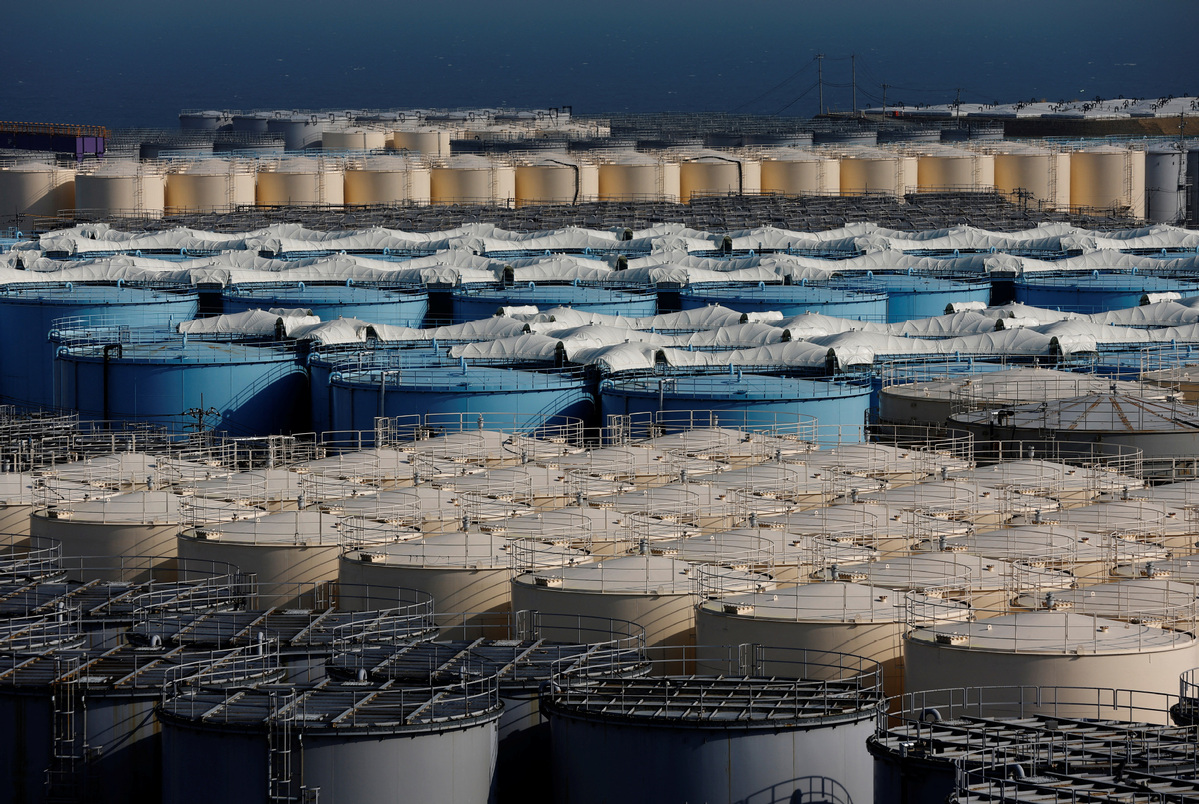Hong Kong to ban certain Japanese aquatic imports over nuclear-contaminated wastewater concerns


HONG KONG - China's Hong Kong Special Administrative Region (HKSAR) said on Tuesday that it would ban certain aquatic products from Japan starting Thursday following Tokyo's announcement of nuclear-contaminated water discharge.
Tse Chin-wan, secretary for environment and ecology of the HKSAR government, said that in the face of major risks posed by the discharge, the HKSAR government must take preventive measures to ensure food safety and public health.
The ban will apply to aquatic imports from 10 Japanese metropolis or prefectures including Tokyo, Fukushima, Chiba, Tochigi, Ibaraki, Gunma, Miyagi, Niigata, Nagano and Saitama, covering all fresh, frozen, chilled, dried or processed seafood, as well as sea salt and seaweed, Tse said.
Current restrictions on certain food imports from Fukushima, Chiba, Tochigi, Ibaraki and Gunma will remain in place, he added.
HKSAR Chief Executive John Lee said in a social media post that the decision by the Japanese government to discharge nuclear-contaminated water in disregard of food safety risks and irreversible pollution and damage to the marine environment is an act of "imposing its problems on others irresponsibly."
"Food safety and public health are the top priorities for the HKSAR government," Lee said.
Despite public concerns and raging opposition from both home and abroad, the Japanese government said on Tuesday that it has decided to start releasing nuclear-contaminated wastewater from the crippled Fukushima Daiichi Nuclear Power Plant into the Pacific Ocean on Thursday.



































